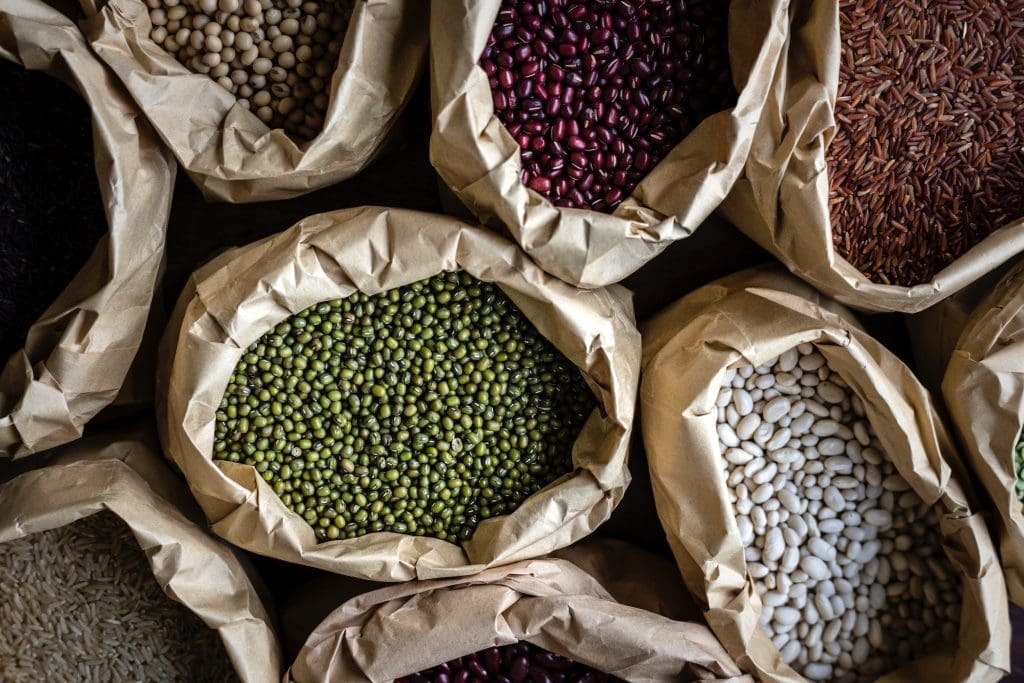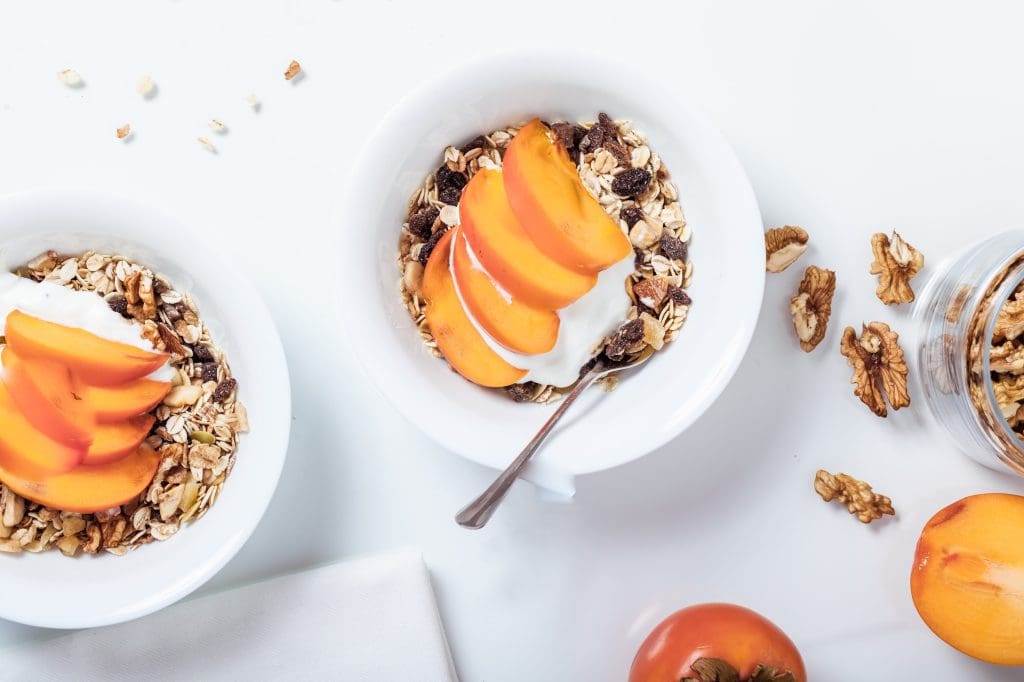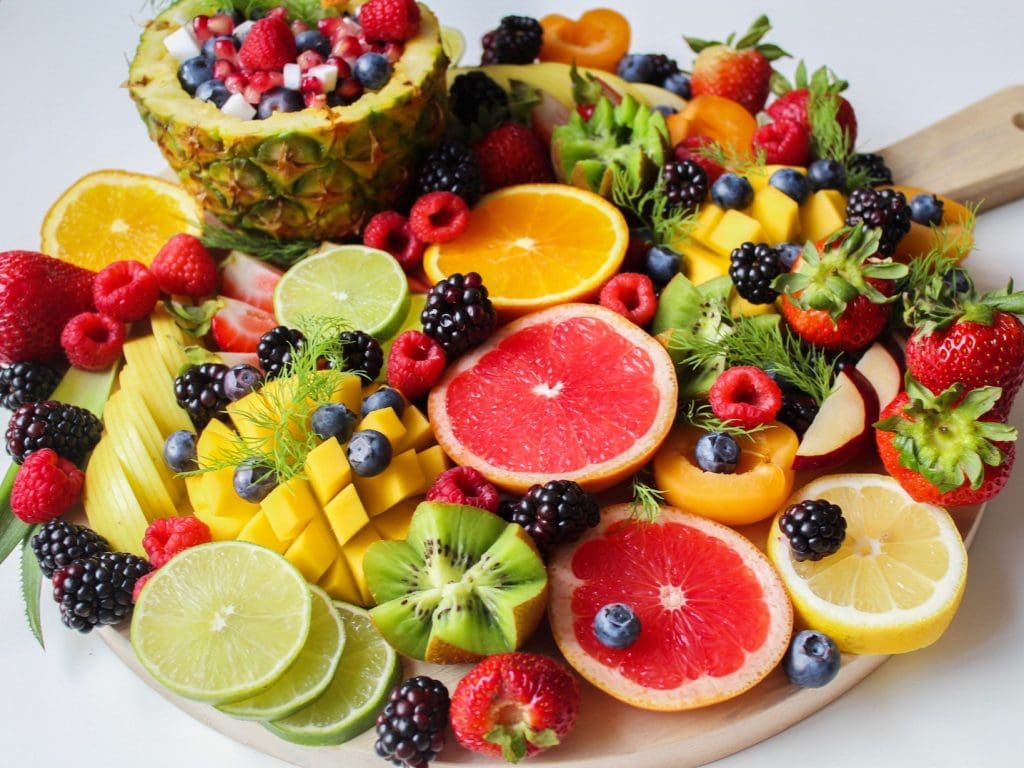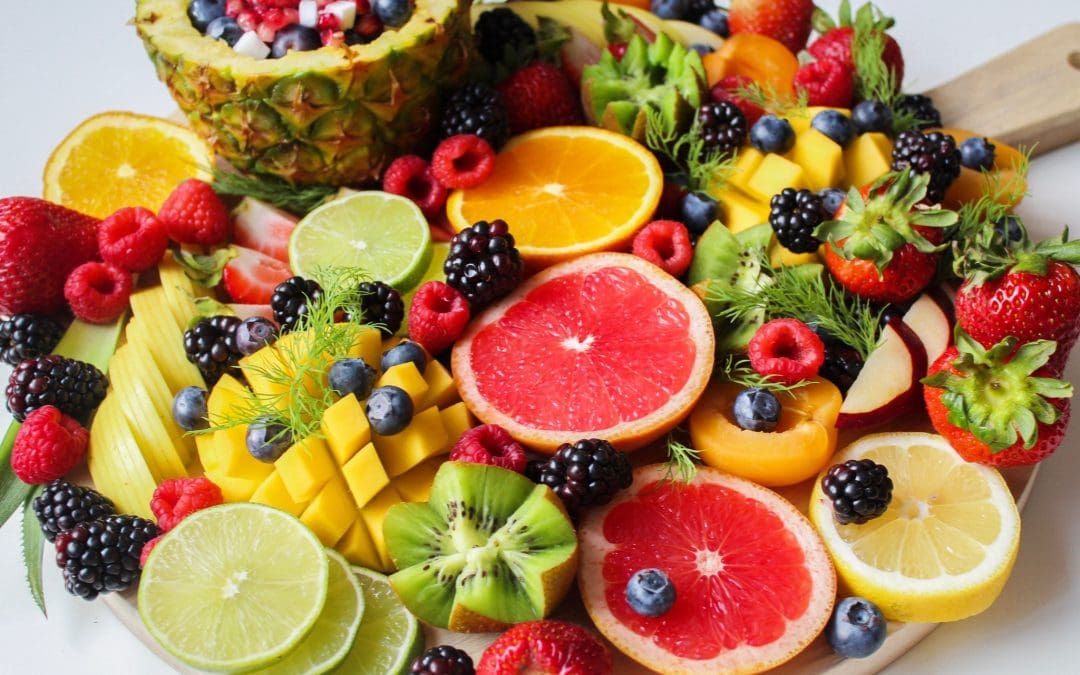I first came across plant based nutrition several years ago when I lived in Australia. I did a lot of reading around it to understand what its benefits were. And initially, I felt conflicted over what to do, mainly because of so many myths that seem to circulate around this particular sort of diet. I worried about how affordable it was going to be to source the ingredients, to where I would get them from, to how filling the food would be! I also initially thought that cooking with this sort of food may be restrictive. What I later discovered is that actually, none of these myths are true, and I want to show you that despite common misperception, a plant based diet is something for which there is no excuse not to do!

Plant based myth 1: You can’t get enough protein on a plant-based diet
This is the commonest myth of all, and not true. The Recommended Daily Allowance (RDA) for protein for most people is 0.8 grams of protein per kilogram of healthy body weight. This is achievable while following a plant-based diet. There are many plant foods that are rich sources of protein. These include:
- tofu
- lentils
- beans
- nuts
- seeds
- whole grains
Aside from which, animal products don’t have to be excluded from a plant based diet, but their consumption should be limited. Finally, protein from a variety of plant foods, especially starches like rice, beans, and corn, eaten during the course of a day, supplies enough of all the essential amino acids. Ultimately, a good plant based diet will provide more than enough protein required.

Plant based myth 2: Plant-based diets are not affordable
This is the second commonest myth and again, isn’t true. Plant-based nutrition focuses on minimally processed foods. So those vegan ice creams, cheeses, and salad dressings, which tend to be expensive are not what you’ll want to focus on in this diet.
Fruit and veg can be purchased seasonally from farmer’s markets at a lower cost than off-season produce at grocery stores. You can also get discounted fruit and veg from local allotments, saving yourself the cost of this in a supermarket. As for grains and legumes, these can be purchased in bigger quantities and also stored for a long time. Plus you can make food in bulk and eat for next day’s lunch or dinner too.

Plant based myth 3: Plant-based diets are too restrictive
Most people’s diets centre around animal based products or meat. But in a plant based diet, this should complement the food eaten, rather than being the centre piece of the dish.
And it really is easy to make adjustments. Meats can be replaced with mushrooms, tofu, and legumes in dishes, as well as nuts and spices. Date sweetened desserts, as opposed to sugar, are just as rich and delicious, like my Pick Me Up Bites from the Spring recipe collection.
And go and experiment with different fruit and veg. I love going to my local farmer’s shop and doing this on a weekend. It gives me such pleasure to find something new I can try at home and end up loving and recommending to my friends! Also, try replacing the meat component in your favourite dishes, like lasagne. For example, my Roast Vegetable and Quinoa Pie has quinoa and soya and tastes just as delicious as the meat version.

Plant based myth 4: You’ll get too thin and lose muscle on a plant-based diet
It ultimately doesn’t matter where your protein is sourced from. Whether it’s from animal produce or plants, it’s still protein and therefore the effect of helping to build muscle and strength is just the same.
In fact, a lot of athletes elect to source most of their protein from plants. It’s important to remember that muscle growth is stimulated by strength training, not protein intake.

Plant based myth 5: A plant based diet will leave you feeling hungry
Plants are low in calorie density, so it seems as if they can’t possibly be as satisfying as animal based products. However, as fruits, vegetables, whole grains, and legumes are all high in fibre, which is likely to leave you feeling fuller, for longer, this isn’t the case. The other benefit is that you’re going to feel more energised after eating this sort of diet, not heavy and stodgy, which too many animal products can leave you feeling. Fibre also leads to improved gut health and controls blood sugar levels, which is the other benefit of plant based food.

Plant based myth 6: A plant-based diet doesn’t provide enough vitamins and minerals
This is completely not true! Plants are the most nutrient dense food that you can eat. For example, leafy greens and legumes are rich in calcium, iron, and zinc, berries are extremely high in vitamin K and manganese, and tropical fruits like mangoes and pineapples are high in vitamin C. They are packed full of antioxidants, and all these are super important when it comes to your fertile health.
However, if you are totally vegetarian or vegan, you should supplement with vitamin B-12, as this vitamin comes from the soil. This is the only vitamin you can’t get on a plant-based diet and this is one of the reasons why animal products are allowed as part of this plant based approach approach.

Despite all the myths out there, it’s clear that plant based food is nutritionally incredible, helps to make you feel good, improves libido and concentration, helps to make you feel more energised, reduces your overall risk of cancer, heart disease and diabetes, helps with blood sugar control and, of course, boosts fertility. It doesn’t have to cost the Earth and in fact, it can help us to save our Earth by helping to protect our environment and supporting local produce and farmers. So if you’re considering this switch, please give it a go and try out my new Spring Recipes. I promise you there’s something in there for everyone. They’ve been tried and tested by many of my friends who love them, so I hope you do too, and start reaping the benefits to your fertility but also your general state of wellbeing and health.





